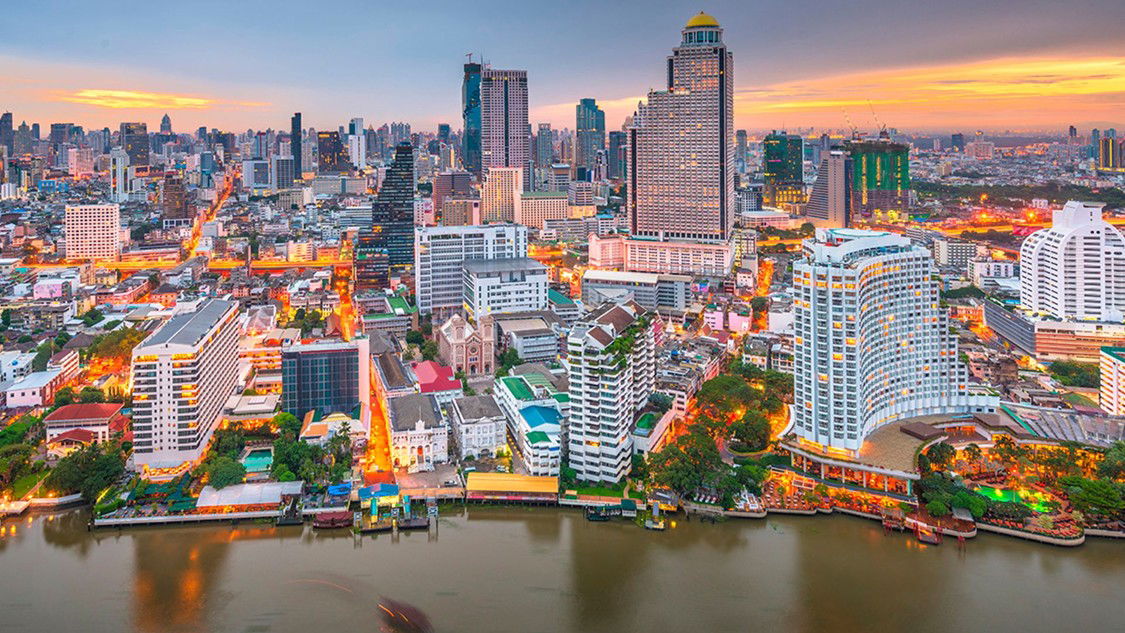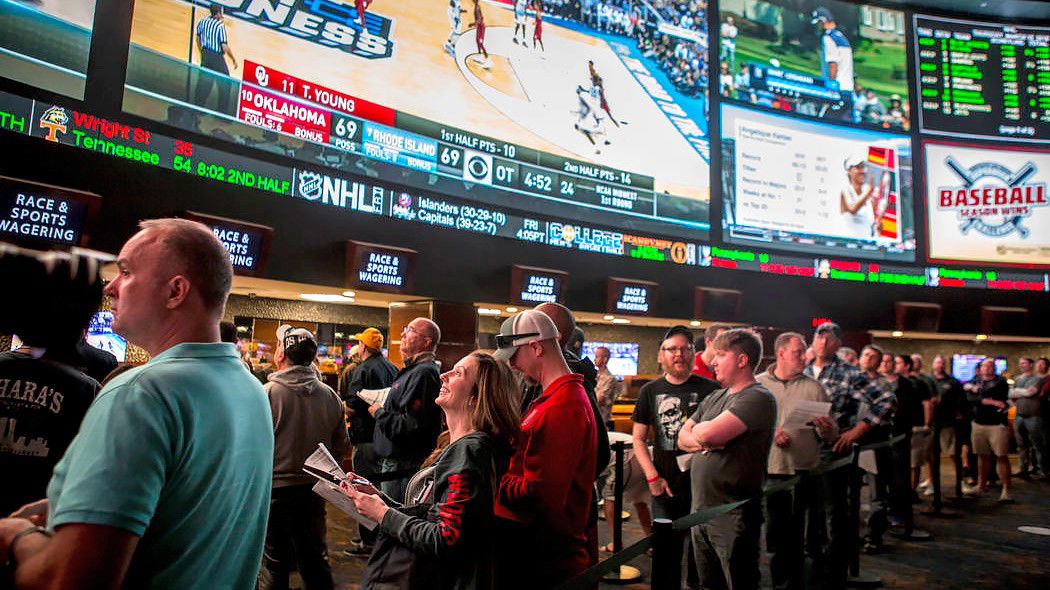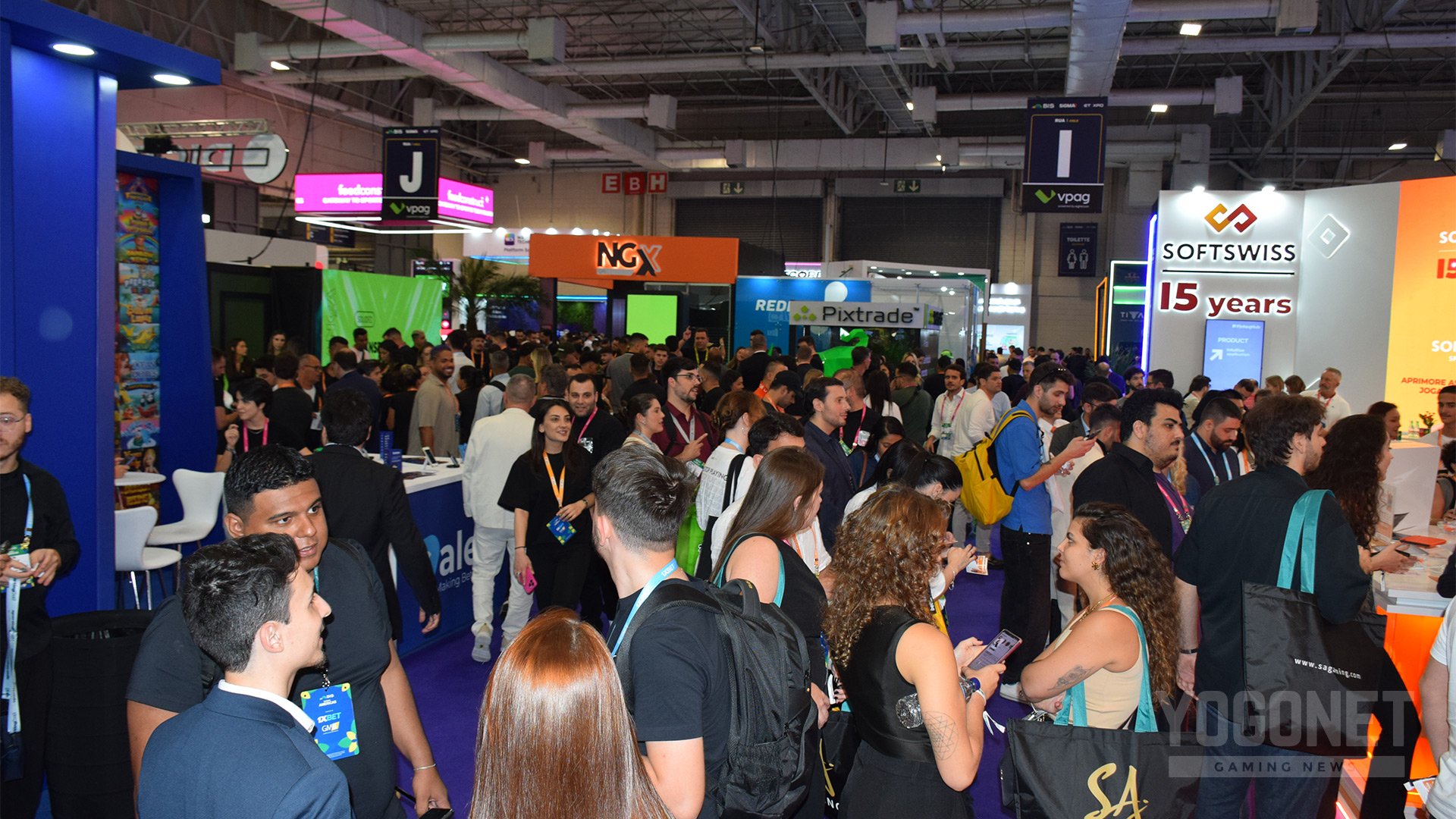Penghu casino referedum approaches in "divided" Taiwan

While gambling is illegal in most of Taiwan, apart from state-approved lotteries, outlying islands are permitted to develop casinos with a number of caveats, including that local residents agree.
That ruling was made in 2009, lifting the previous blanket gambling ban that covered all of Taiwan's territory.
Since then the process of going ahead with casino development has stalled due to local objections and a government divided over legal gambling.
But with Taiwan's economy stagnating, advocates say now is the time to finally give the green light.
““Others argue the costs still outweigh the benefits, fearing the arrival of gambling resorts would ruin some of Taiwan's most stunning natural highlights
”
On the remote western archipelago of Penghu, which has a population of 100,000 and is popular with visitors for its pristine beaches and turtle sanctuaries, residents will vote Saturday on whether to allow a casino to be developed.
It is the second time they have voted, after rejecting the idea seven years ago.
Supporters say it would bring extra jobs for young people and overhaul infrastructure.
They want to see Macau and Singapore-style "integrated resorts", offering restaurants, malls, theme parks and shows, as well as gaming.
““Without casinos, no foreign investor will come to Penghu, said Chuang Kuang-hui of the Penghu Internationalisation Promotion Alliance, which initiated the new referendum
”
Local businesswoman Felicia Chen is also backing the "yes" camp, which argues casinos would help the economy during the six-month tourist low season from November to April.
"Where there are crowds, there is money to boost tax revenues, which can be used for social welfare for local people," she said.
But opponents say rubbish and waste water generated from a huge increase in tourist numbers would pollute the air and sea.
They also question whether there will be real economic benefits, with gaming revenues in Asia shrinking, particularly in Macau, due to China's anti-corruption crackdown and slowing economic growth.
"Given the regional gaming downturns, it could even be a drag on the local economy," said Penghu-born Sheng I-che, head of the pro-environment Tree Party.
Even if there is a "yes" vote on Saturday, the path to building a casino is unlikely to be smooth.
The Matsu islands opted to approve a casino in a referendum in 2012, but it has never been built as parliamentary approval is still pending.
Politicians from the ruling Democratic Progressive Party (DPP), which is anti-gambling, have opposed a parliamentary act dealing with gaming licensing and regulations that would enable the casino to proceed.
And even some in the opposition Kuomintang party, which was in power when the original blanket ban was lifted, have reservations.
However, observers say in the face of continued economic problems, residents will expect the government to adhere to their wishes if they vote "yes".
““If Penghu passes the referendum, it can join hands with Matsu to negotiate with the central government and demand voters' wishes be respected, said Liu Day-yang, a gaming industry expert at National Taiwan University of Science and Technology
”
"The DPP has to carefully reconsider its position to revive the economy."
Investors have already shown interest in Penghu.
US real estate developer Cordish Companies, behind America's Seminole Hard Rock Hotel and Casinos chain, submitted a proposal earlier this year for a resort including a convention centre, entertainment district and water park.
Some analysts say Penghu casinos could be a good bet if they do not rely on mainland Chinese tourists, who make up the vast majority of visitors to Taiwan.
Penghu is instead expected to focus on drawing visitors from Taiwan, Japan, and Korea.
This would make them less susceptible to "external shocks", said William Bryson, a lawyer with gaming and hospitality consulting firm Global Market Advisors.
"(They) would certainly be less subject to the deleterious effects that China's anti-corruption and anti-conspicuous consumption crackdowns have had on Macau and Singapore," Bryson added.


















































